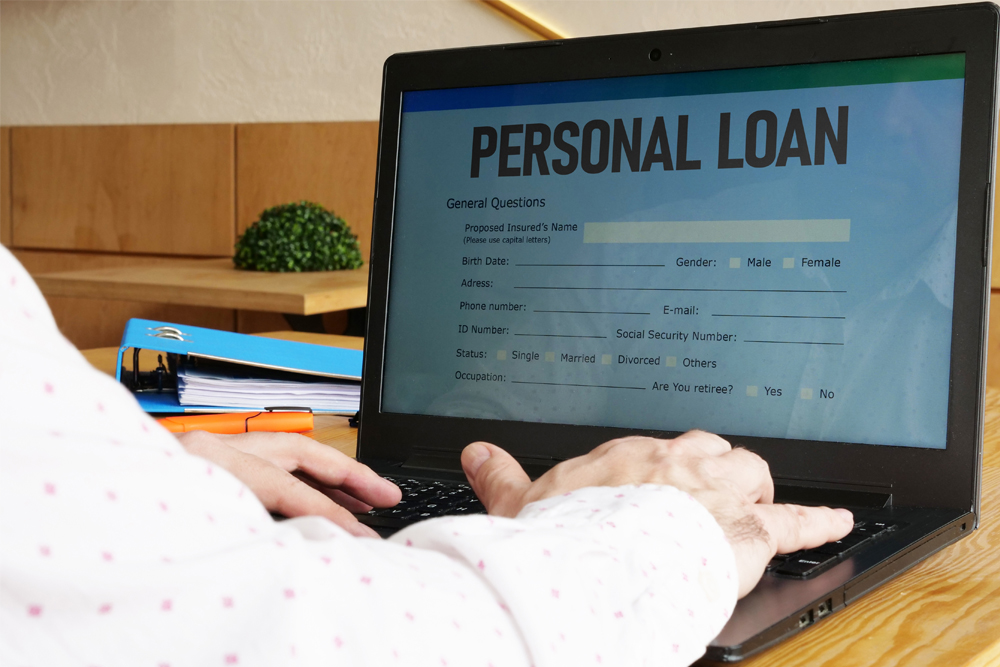It’s crucial to start thinking about how to help kids build credit early on in their lives.
Indeed, setting kids up with great financial tools and resources at a young age may help them make better financial decisions as they transition into adulthood. And it reinforces the habits that help maintain a healthy credit score.
But what’s the best way to get started? And how early can you begin?
We turned to a financial management expert, Madhavi Venkatesan, Ph.D., a visiting assistant teaching professor at the department of economics at Northeastern University, to help shed some light on how early you can get your child started on building credit — and how to go about achieving it.
Here’s our conversation with Madhavi Venkatesan about how to help kids build credit:
1. How young can you be to start building your credit report?
Typically, a person is limited in building credit by age of emancipation. This means that at 18, when they are legally recognized as an adult — and therefore hold legal liability in any executed contracts — they can start to develop a credit history.
The caveat here is that age is not a condition to identity theft, so a credit history can be developed without consent at any time. From this perspective, monitoring credit is important even for minors.
2. Should kids think about their credit score? At what age does your credit score become important?
Until the age of emancipation, there is no credit score associated with an individual. And thereafter, the credit score can only be developed through issuance and proper management of credit (i.e. timely payments).
A credit score is always important to know and manage but it is most important when you need to have access to credit. So, it is one of those items that an individual should maintain for future use and use in need.
Given the expense aspect relative to credit quality, low credit scores cost more in terms of interest than high scores. So, it is prudent to manage budgetary items for timely payment — including utility payments — and monitor credit scores to ensure that no anomalies or personally attributable activities are reported.
3. What are the best tools for kids to learn money management?
There are many options to learn how to teach kids to learn to manage money. Many tools and educational materials can be found online. A reputable source are the Federal Reserve Banks. All Federal Reserve Banks have an online presence and offer educational materials.
4. When using a debit card, what types of expenses should kids put on their card? What types of expenses should they NOT put on a debit card?
Recurring charges are easy to forget, even for adults. Therefore, it may be best not to include recurring expenses on a debit card. Instead, limit card use to one-time transactions.
5. Is there any way to build credit from a debit card? If so, how?
A debit card by its definition is attached to a predetermined spending limit. Unless there are opportunities to overdraft against the account tied to the debit card there is no impact from a debit card to a credit score.
In the case of an overdraft, there can be negative consequences, if the money advanced is not repaid within a specific time interval. This is determined by the debit card issuer and the policy is provided at the time of issuance.
However, the latter condition would not apply to a minor. Typically, either no issuance of advance would be possible to a minor account or any overdraft would be the responsibility of the adult sponsoring the minor’s account.
A minor cannot build credit from a debit card but can learn how to budget and prevent overdrafting through use of a sponsored debit card. Debit cards in this manner can assist minors in learning the responsible use of credit.
We’d like to thank Madhavi Venkatesan for her thoughtful insights. We appreciate you taking the time to chat with us.



